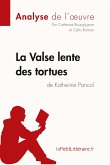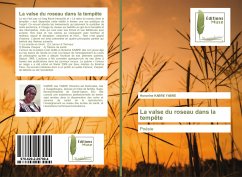Ten short stories and a dramatic monologue by one of contemporary Austria's most important and provocative writers. Elisabeth Reichart is one of the most important and provocative writers to emerge from postwar Austria. This book includes a translation of La Valse, a collection of short stories in which Reichart directs her critical gaze at the hidden power struggles and unacknowledged hierarchies that dehumanize interpersonal relations. In the title story, the narrator, raped as a child by her father, spins wildly to Ravel's "La Valse" until she falls from dizziness, suggesting the will to escape patriarchal abuse, but also the difficulty of such an attempt. Each of the subsequent stories follows the movements of a waltz gone brutally awry. Also offered here is Foreign, Reichart's first stage piece which dramatizes the struggles of a woman who refused to fall silent, who continued to write in the face of complete powerlessness. The work is based on the historical figure Helene von Druskowitz, a female Wunderkind, who wrote prolifically, usually under a pseudonym, one of which was "Foreign." A classic example of the "madwoman in the attic," her genius earned her not recognition but internment in an insane asylum, where she remained until her death twenty-seven years later.
Bitte wählen Sie Ihr Anliegen aus.
Rechnungen
Retourenschein anfordern
Bestellstatus
Storno








